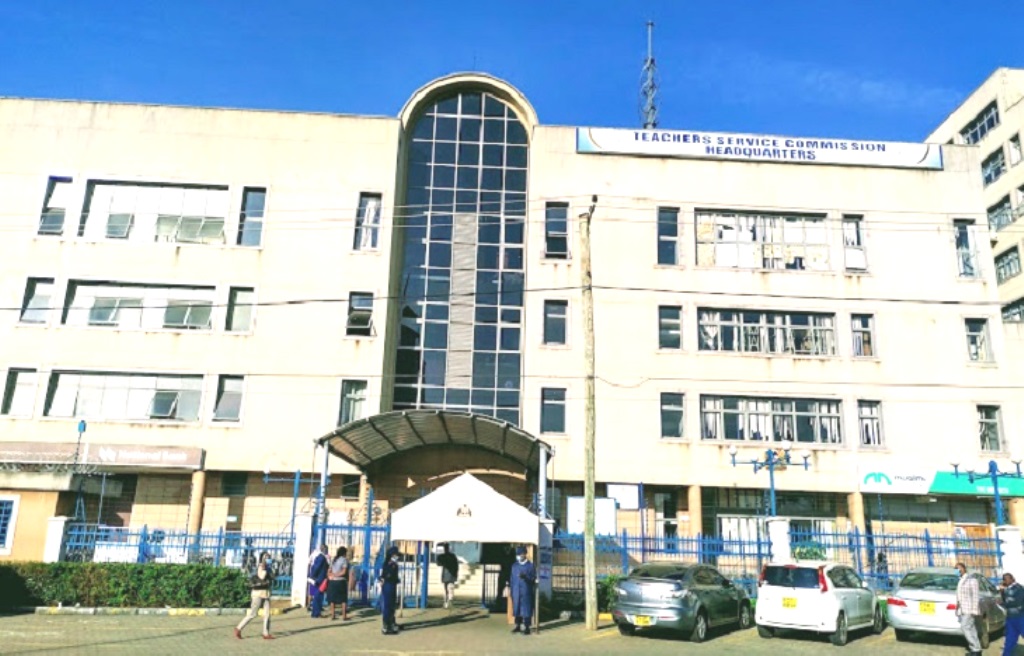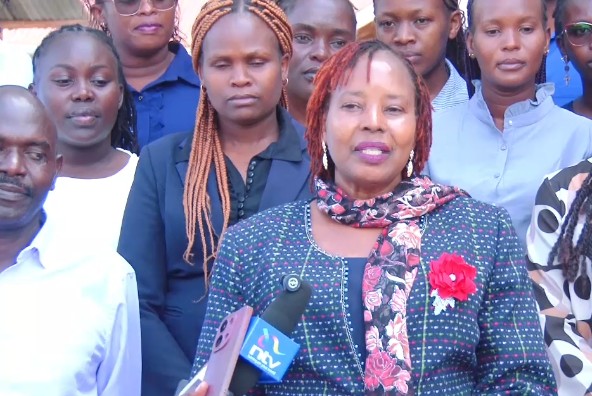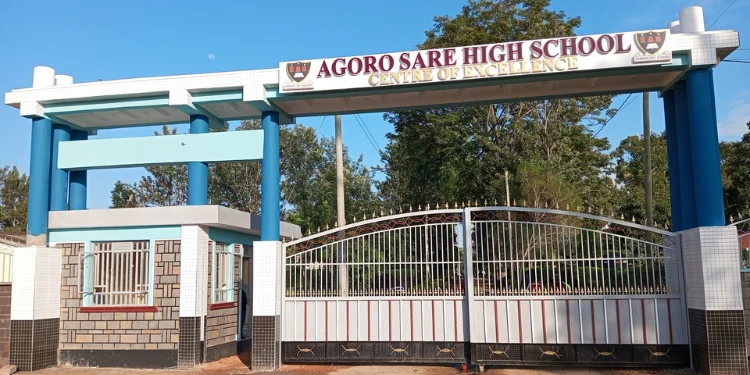As the Teachers Service Commission (TSC) advances policies on automatic promotion after three years of satisfactory service for teachers in grades B5 through C3, a new voice has emerged calling for equity, not just progress.
In a detailed and impassioned memo addressed to the TSC and copied to the Ministry of Education, KNUT, KUPPET, and the Salaries and Remuneration Commission (SRC), I, a concerned tutor, outline a comprehensive model for redress targeting teachers who have stagnated in these grades for up to 15 years.
“The proposed automatic promotions after three years are welcome—but what about those who’ve waited nine or even 15 years?” I ask in the letter.
The proposed Fair Path Model begins with a Fairness Audit, urging the Commission to conduct a national exercise to identify teachers who have served beyond the three-year mark in the same grade.
This data would be used to formulate a Promotion Equity Index, providing a timely and transparent reference point for redress. Without this audit, any reform risks leaving the most affected behind.
To accelerate justice, the second proposal recommends Accrued Time Recognition. Under this, a teacher would earn 1.5 promotion points for every year served beyond the third in the same grade. For example, a teacher stuck in Grade C1 for nine years would accumulate nine extra promotion points, fast-tracking their eligibility.
“A teacher who has served 9 years in Grade C1 would earn nine additional points—enough to fast-track their promotion,” the model explains.
The third pillar emphasises Inclusive Criteria. Promotions should no longer hinge solely on academic certificates. Teachers serving in hardship areas, mentoring colleagues, attending CPD sessions, and taking leadership roles should also be considered for progression. This holistic approach ensures experience is valued as much as education.
READ ALSO:
West Pokot teachers’ anger as County Govt ignores court ruling to improve their pay
A key component of the proposal is Retroactive Redress. A one-time promotion window should be established to correct historical stagnation, offering backdated benefits where possible. This would not only recognise past service but also rebuild trust between teachers and the Commission.
“Let us not reward only the newly arrived, but also those who have borne the weight of service for years,” I state in the conclusion of the letter.
To ensure promotions remain merit-based, the fifth component suggests Performance Anchoring using the Teacher Performance Appraisal and Development (TPAD) system. However, it emphasises that TPAD scores should validate merit, not act as an exclusionary barrier. The focus should shift to consistency and long-term effort.
Technology also plays a role in the Fair Path Model, with the sixth point requesting Automated Progression via an AI-powered promotion tracker embedded in the teacher management system. This digital tool would flag eligible candidates in real time, reducing bureaucratic inertia and human bias.
To safeguard fairness, the seventh proposal calls for Transparency and Appeals, where a Promotion Appeals Tribunal, composed of union representatives and education officials, should be established.
Furthermore, promotion criteria and decisions should be made publicly accessible to enhance accountability and trust.
Finally, the proposal concludes with a call for Holistic CBA Reform. The following Collective Bargaining Agreement should embed the Fair Path Model and mandate biennial reviews of promotion equity, ensuring the issue of stagnation is never left unchecked again.
“Equity is not a privilege—it is a right. The time for redress is now,” I conclude.
By Ndiema Alfred
Concerned Tutor
You can also follow our social media pages on Twitter: Education News KE and Facebook: Education News Newspaper for timely updates.
>>> Click here to stay up-to-date with trending regional stories
>>> Click here to read more informed opinions on the country’s education landscape






